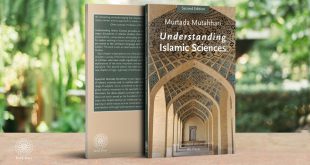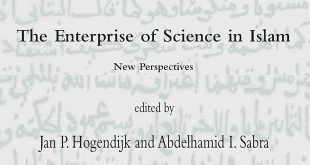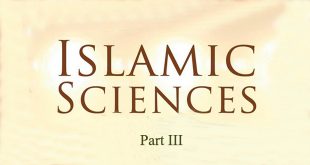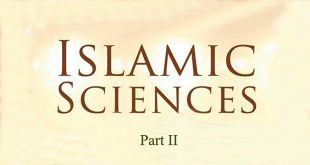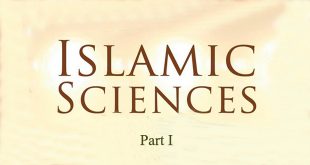Understanding Islamic Sciences provides an informative introduction to six major disciplines in Islamic studies: Theology, mysticism, principles of jurisprudence, philosophy and...
Read More »The Enterprise of Science in Islam: New Perspectives
Between A.D. 800 and 1450, the most important centers for the study of what we now call "the exact sciences"—including the mathematical sciences of arithmetic, geometry, and trigonometry and their applications in...
Read More »The Holy Qur’an and Modern Scientific Discoveries
But sometimes in order to reach this goal, the Holy Qur’an indicates some of the natural sciences and the secrets of creation, in particular, in its lessons on unity; it removes the veil over the secrets of the world of creation and it...
Read More »Article: The Legal Status of Science in the Muslim World in the Early Modern Period
The following discussion titled “The Legal Status of Science in the Muslim World in the Early Modern Period: An Initial Consideration of Fatwās From Three Maghribī Sources” examines the place that natural science (chiefly astronomy and medicine) occupied in three of the most important collections of legal opinions ( fatwa pl. fatawa) in the Muslim West during the late medieval and...
Read More »Article: Introduction to Islamic Sciences, Part III
This article delves into four additional subjects: Hadith Sciences, Qur’anic Sciences, the Science of Exegesis and the Science of...
Read More »Article: Introduction to Islamic Sciences, Part II
This article touches upon two subjects: Fiqh (Islamic Jurisprudence) and Usul of Fiqh (Principles of Fiqh). Fiqh – the profound understanding of religious rulings - is the most comprehensive subject in...
Read More »Article: Introduction to Islamic Sciences, Part I
Acquiring and possessing knowledge is highly recommended in Islam as God encourages people to seek knowledge as seen in the Qur’an and hadith. Educators and scholars hold a...
Read More » Ijtihad Network Being Wise and Faithful Muslim in the Contemporary World
Ijtihad Network Being Wise and Faithful Muslim in the Contemporary World
